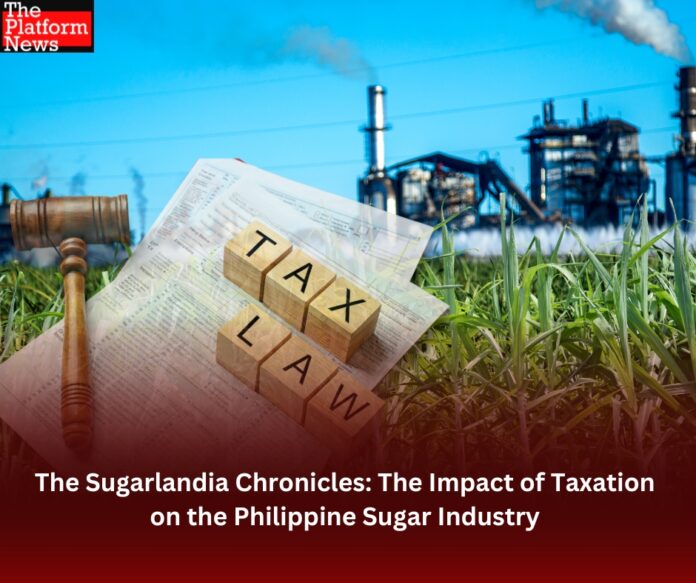The sugar industry has become one of the Philippines’ economic backbones. Giving livelihood to millions of Filipinos gave our nation a name and a gallant stand in the global market.
Sugar, however, is not exempted from taxes despite being an integral ingredient in thousands of food and beverage products and a household commodity among Filipinos.
Like most industries, levying various taxes on sugar poses positive and negative effects. Let us understand these impacts and assess how crucial taxation measures are for different stakeholders.
The Current Taxation Landscape: Excise on SSB
Sugar and sugar products in the Philippines have long been subject to Value-Added Tax (VAT), excise tax and local taxes. One of the most prominent developments in the taxation of this industry is the excise taxes levied on sugar-sweetened beverages (SSB). The provisions of these impositions came as part of the Tax Reform for Acceleration and Inclusion (TRAIN) law in 2018.
Under the TRAIN Law, sugar-sweetened beverages are taxed based on their sugar content. This aims to increase the price of these drinks, making them less accessible and encouraging consumers to choose healthier alternatives following several health concerns linked to SSBs.
Although this tax law aims to reduce the Filipinos’ consumption of unhealthy, sugary food and beverages, imposing these has also threatened sugar producers and their products. Notably, these excise taxes are not replacing VAT and local taxes, which means this levied amount is an additional burden to different seller and consumer ends.
Although this tax law aims to reduce the Filipinos’ consumption of unhealthy, sugary food and beverages, imposing these has also threatened sugar producers and their products. It is worth noting that these excise taxes are in no way replacing VAT and local taxes, which means this levied amount is an additional burden to different seller and consumer ends.
Taxes and their Effects
There is no point in limiting the impacts of taxation in the country simply because the sugar industry encompasses different sectors like farming, production, domestic consumption, international trading and many more.
The following are several areas of concern that are directly affected by taxes:
Economic – Considering the current taxes imposed on the sugar industry, workers find these financial pressures threatening their jobs and incomes. This looming jeopardy is because manufacturers have sought sugar alternatives to escape the excise taxes on sugar. Hence, with a lower demand for sugar, producers are likely to yield lower, forcing them to cut workforce and other operational costs.
Social – Imposing more taxes on sugar and its processed products does not only affect sugar-reliant manufacturing companies. Realistically, this taxation measure will take a toll on our farmers, as demands for their products will suffer a downturn. What makes this situation worse is that besides importing initiatives, these farmers will find it more challenging to search for new jobs because of limited opportunities in the rural areas.
Government Policy Responses – Although balancing general health, farmer and producer welfare and the overall sustainability of the sugar industry can be distant, stakeholders believe this is achievable. Several groups push for reassessing the current taxation policies implemented on sugar-sweetened beverages to alleviate farmers and producers from their worsened effects. These are possible through subsidies and financial support to these workers.
Taxes are the lifeblood of the government’s activities and operations. Without taxes, programs, projects and social welfare causes will lack sufficient funding and not push through.
But like any other industry, imposing taxes requires immense review to ensure equity among concerned sectors. Only by then can the levying of taxes be fair and just.



